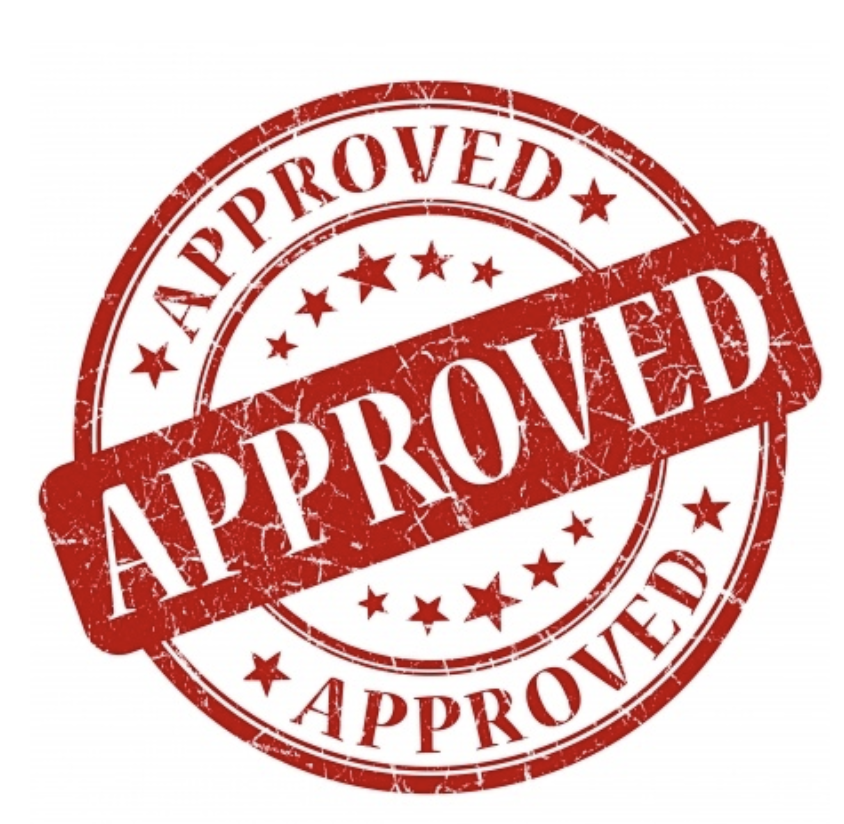Tips on Getting Those Dreaded 'Blurbs' for Your Book
 Asking for endorsements from established writers for your upcoming book can be a cringe-worthy endeavor. Katrin Schumann looks at how to do it right.
Asking for endorsements from established writers for your upcoming book can be a cringe-worthy endeavor. Katrin Schumann looks at how to do it right.
Does it influence you when a writer you admire endorses a book you're considering buying? For most readers, seeing killer blurbs from known names can make the difference.
But what could be more awkward than asking someone you admire to read your book and tell the world how incredibly amazing it is? And how terrifying is it to think that you might ask and NO ONE will say yes?
By the way, endorsements come in different shapes and sizes, and they're not just for those who are about-to-publish. A nonfiction writer I'm working with who is still in the proposal stage connected with a high-profile practicioner in the field she's writing about. He loves her project and agreed to be interviewed. Even though the book isn't written yet, a thumbs up from him adds credibility to the project. When she follows up with agents she's querying, she can add that she's got his support.
Let's look at the process of asking for blurbs from established writers when we ourselves are 1) not yet established 2) feel like we don't know anyone 3) are embarrassed to "ask for too much" from people 4) hate asking for favors without being able to offer anything in return.
First and foremost, long before you reach out to ask for help, you'd ideally already be part of an active literary community. Maybe you support other writers in various ways—by attending book launches and readings, promoting their work on social media, contacting them just to tell them how much you love their work (without asking for anything in return), or maybe volunteering for a literary publication or organization. It's a lot harder if you're starting from scratch. After I read Roxana Robinson's book Sparta, I wrote her fan mail via her publisher. She told me that it made her day to hear out of the blue from some stranger about how amazing I thought her book was. Years later when I wrote to her to ask for a blurb, I was a lot less embarrassed to be reaching so high. (PS. Go read Sparta—it will astonish you).
When you have a clean copy to send out—probably before your ARCs (Advanced Reader Copies) are available—begin compiling a list of writers to approach. These should be people whose books have some connection with yours because of theme, subject matter, setting, style etc., but you want it to be relevant to your book in some way (so if you wrote a mystery, for example, you won't be asking Roxana Robinson for a blurb). You want to target writers you truly admire, and if they are highprofile (New York Times bestsellers, awards, etc.) so much the better. You want to do this about eight months before your pub date.
You must craft a beautiful, heartfelt, beseeching letter to each of these authors. If you know the author personally, remind him or her how you know each other (keep that part brief). In my opinion, you cannot really write too much about how much you admire this author's work and why (they will smell disingenuousness or opportunism from a mile away). Be specific. At the very least it will make the author feel good, and maybe they'll be inclined to be generous.
If you don't know the author personally, it doesn't necessarily matter. My agent forwarded my letter to Tim Johnston (author of Descent—get that book, too, it's incredible) through his agent. Even though I'm just a no-name person hitting him up for a favor he doesn't even owe me, he agreed to read because he said it was the best request he'd ever received. In fact, I got five blurbs from authors I cold called. This blew my mind. I also asked people who declined, so it's not always going to go your way.
My letters included:
- If applicable, how we know each other
- Who I am, including a link to my website
- Which book(s) of theirs I loved and why
- How this book relates to my book (themes, topic and/or importance of setting etc). Sometimes, I looked up interviews they conducted and referenced those (if relevant).
- What my book is about (brief synopsis plus link)
- Request for a blurb if they like the book
- Ideal date for delivery of blurb (I think giving them two months to read is about right)
Important here is to give everyone enough time, to be deferential and authentic, and not to take it too personally if you don't hear back or get no's.
Mostly, when authors agree to read you won't actually hear back in time and you'll have to gently nudge them about three weeks before the blurb is due. Don't be pushy, but it can be helpful to remind people—we're all busy and this is a big ask.
In terms of etiquette, it's very important to include in your book or your publicity materials ALL the blurbs you receive rather than picking and choosing the best ones, or just the ones from the most prominent writers. Also, thank each blurber effusively and when the book comes out, send him or her a copy with a nice handwritten letter.
Lastly, pay it forward: be sure to be generous with your own time down the line. Good luck!